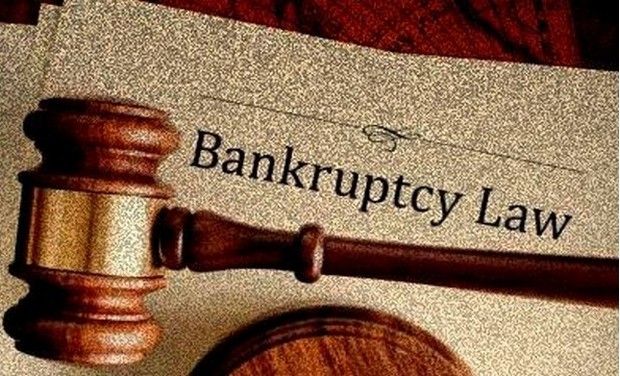Limitation Act will be applicable retrospectively to the I&B Code

The Supreme Court of India in BK Education Services Private Limited vs. Parag Gupta and Associates[1] held that Section 238 A of the Insolvency and Bankruptcy Code (the “Code”), which was inserted pursuant to an amendment dated 6th August 2018, is not merely a prospective amendment but would be effective retrospectively from the date of enactment of the Code itself i.e 1st December 2016.
Prior to the insertion of Section 238 A, there was a lack of clarity regarding the applicability of the Limitation Act 1968 to the proceeding under the Code. The NCLAT on a couple of occasions held that the Limitation Act is not applicable to the Code on the ground that the Code is not an act for recovery of money, but it relates to initiation of corporate insolvency resolution process. Hence, so long as debt is due, the Code can be invoked even after the expiry of limitation period.[2] The above view of NCLAT was a departure from the traditional view that ‘a time barred debt is not a debt at all’, leading to a concern that NCALT is opening the floodgate of claims arising out of time barred debt. This has resulted into insertion of Section 238 through the amendment dated 6th August 2018, which categorically stated that that provision of Limitation Act would be applicable to proceedings before the NCLT and Appellate Authorities under the Code.[3]
The question raised in this appeal is whether the Limitation Act will apply to applications made under Section 7 and/or Section 9 of the Code during the period between the date of enactment of the Code (i.e 1st December 2016) and the date of amendment (i.e 6th August 2018). NCLAT, the appellate authority, held that the Limitation Act does not so apply during this period. This appeal was filed against this order.
The Honorable Supreme Court held that the amendment clarifies that Limitation Act is applicable to the proceedings under the Code; since law of limitation is procedural in nature, it will be applicable retrospectively from the date of enactment of the Code itself and not merely from the date of amendment. The Court held that “[i]t is clear that the amendment of Section 238A would not serve its object unless it is construed as being retrospective, as otherwise, applications seeking to resurrect time-barred claims would have to be allowed, not being governed by the law of limitation”.
[1] Civil Appeal No.23988 of 2017
[2] http://www.indialaw.in/blog/blog/limitation-act-will-not-apply-insolvency-proceeding/
[3] http://www.indialaw.in/blog/blog/insolvency-bankruptcy/ibc-ordinance-removes-uncertainty-regarding-applicability-of-limitation-act/
By entering the email address you agree to our Privacy Policy.



